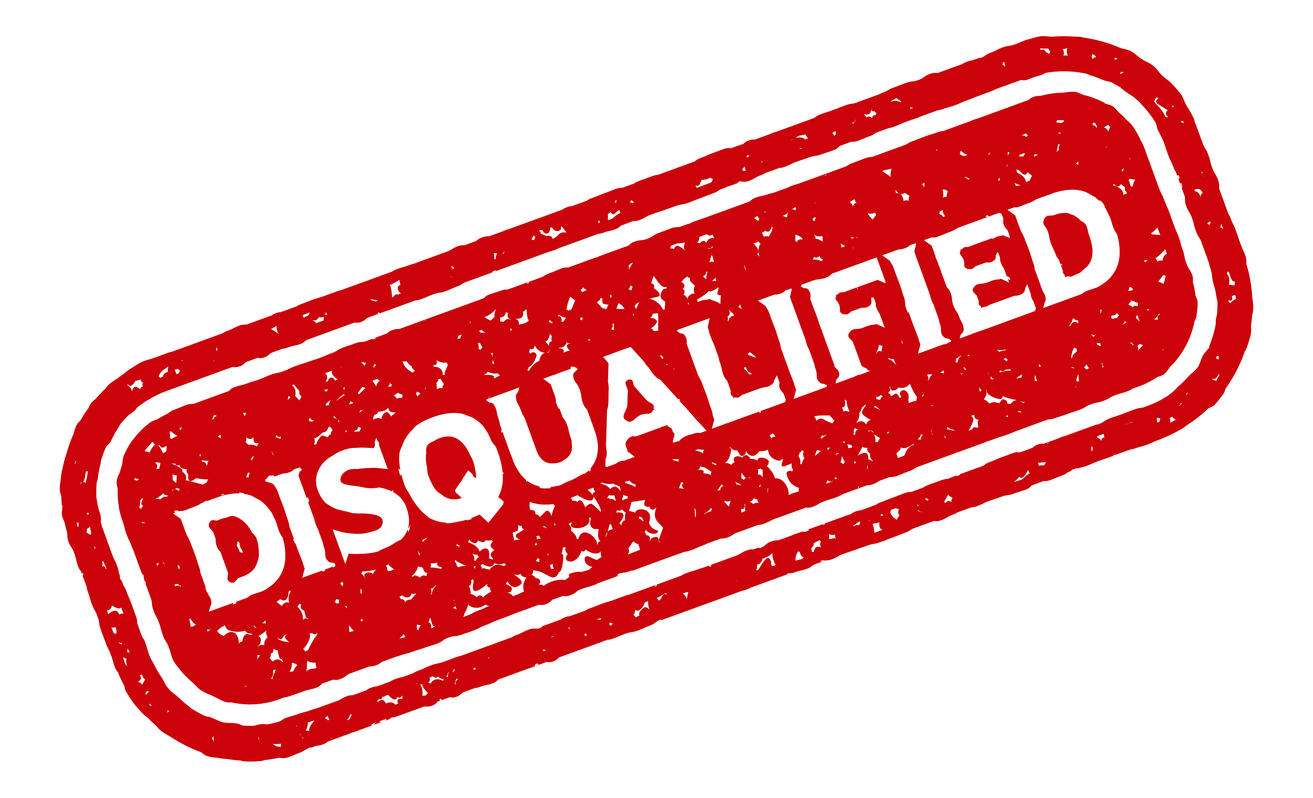After a claim is filed, the insurance company is certainly entitled to receive from a policyholder reasonable information that the insurance company requires to decide whether to accept or reject the claim. Unfortunately, as a way to delay the claim and discourage the policyholder, many insurance companies create daunting laundry lists of items from the policyholder they say they require before they can make a decision to accept or deny the claim.
The Texas Prompt Payment Act is codified in Texas Insurance Code Section 542.051-542-061. In a nutshell,1 the Prompt Payment Act provides:
- Insurance company has 15 days after notice of claim to acknowledge claim, begin investigation, request all items, statements, and forms that the insurer reasonably believes, at the time, will be required from the claimant. (Sec. 542.055)
- After receiving all items, statements, and forms required by the insurer to secure final proof of loss, the insurance company has 15 days to notify the policyholder in writing whether it accepts or rejects the claim. (Sec. 542.056)
- If insurance company notifies policyholder that it will pay the claim then it must do so within 5 business days. (Sec. 542.057)
- If after receiving the items above the insurance company delays payment for more than 60 days then it must pay 18% interest per annum on the amount of the claim and attorney fees. (Sec. 542.058 and 542.060)
The Fifth Circuit Court of Appeals recently decided Weiser-Brown Operating Company v. St. Paul Surplus Lines Insurance Company.2 Weiser-Brown was a small oil and gas well operator. It bought insurance from St. Paul to cover the cost when a well “gets out of control,” which is a term of art in the oil well industry. In 2008 a Weiser-Brown well in Lavaca County, Texas got “out of control.” In March 2009 Weiser-Brown made a claim to St. Paul. In turn St. Paul sent Weiser-Brown a letter with a seventeen-item laundry list of materials St. Paul said it needed to determine the claim. On September 29, 2009 Weiser-Brown provided St. Paul with some, but not all, of the items on the laundry list. Nevertheless, St. Paul’s expert wrote a report finding no coverage. The expert also requested a few more items from Weiser-Brown. By November 6, 2009 Weiser-Brown had sent most of what was requested by St. Paul and its expert, but not all of the items. In February 2010 St. Paul informed Weiser-Brown that its expert had not changed his mind and continued to deny the claim.
Weiser-Brown sued St. Paul alleging, among other things, breach of contract, bad faith, and violation of the Prompt Payment Act. The parties agreed to submit the Prompt Payment Act issue to the court after trial if the jury returned a verdict in favor of Weiser-Brown. After Weiser-Brown rested its case, the trial court entered a directed verdict for St. Paul on the bad faith causes of action. The case proceeded only on a breach of contract cause of action. The jury returned a verdict for $2,290,457.03. The court then found that St. Paul was liable under the Prompt Payment Act and found that St. Paul owed an additional $1,232,328.14 under the Prompt Payment Act. The court set the accrual date for 18% interest to begin running on November 6, 2009, because by then “Weiser-Brown had complied with ‘most,’ but not all, of the requests for information in [the expert’s] report.” St. Paul appealed arguing that the Prompt Payment Act should not apply because Weiser-Brown had not complied with producing every single item it requested. The Fifth Circuit affirmed the trial court.
The first result of this case is that a policyholder need not get a bad faith finding to collect under the Prompt Payment Act. A policyholder is entitled to Prompt Payment Act damages in a straight breach of contract case. However, the main question on appeal was whether St. Paul received all items, statements, and forms required by the insurer to secure final proof of loss such that the fifteen-day deadline in Sec. 542.056 was triggered and violated. The court found that Texas law is virtually silent on what constitutes a “final proof of loss.” However, the court focused on the case of GuideOne Lloyds Insurance Company v. First Baptist Church of Bedford,3 which held that “final proof of loss” did not require information regarding extent of the loss, only information proving that a loss occurred. In GuideOne the insurance company asked for core samples six months after receiving notice of the claim. It argued that the Prompt Payment Act should not have accrued during the pendency of that request. However, the court held that core samples may have been required to determine the extent of the damages, but not required to prove that the policyholder suffered a loss. According to the plain language of Sec. 542.056 all that is required for an insurance company to decide to accept or reject the claim is proof that a loss occurred, not how much the loss may be worth. In other words “final proof of loss” means proof that the loss occurred, not the total extent of the loss.
The Weiser-Brown court found that Weiser-Brown’s failure to produce a few items did not operate to nullify application of Sec. 542.056. “By November 6, 2009 Weiser-Brown had repeatedly answered St. Paul’s numerous requests, providing information that established that an actual loss occurred, when, where, and how it occurred, as well as $4.5 million dollars of supporting invoices.” St. Paul’s expert found not coverage and never altered that position. The court also pointed out “[t]he insurer cannot avoid liability under Sec. 542.056 by pointing after-the-fact to missing information, the absence of which did not affect the insurer’s decision.”
We encourage our policyholder clients to comply with all reasonable requests for reasonable information made by their insurance company. However, in relation to the Prompt Payment Act, the only reasonable documents required are documents proving the loss occurred. The insurance company doesn’t get to come up with an exhaustive list of items and then hide behind it as a tactic to avoid accepting and paying the claim in a timely manner as per the Texas Prompt Payment Act.
1 For purposes of this blog I have simplified down to the main elements, realizing that these deadlines can be different under certain circumstances.
2 Weiser-Brown Operating Co. v. St. Paul Surplus Lines Ins. Co., No. 13-2044, [Document 00513195229] (5th Cir. Sept. 16, 2015).
3 GuideOne Lloyds Insurance Company v. First Baptist Church of Bedford, 268 S.W.3d 822, 834-35 (Tex. App. – Fort Worth 2008).



